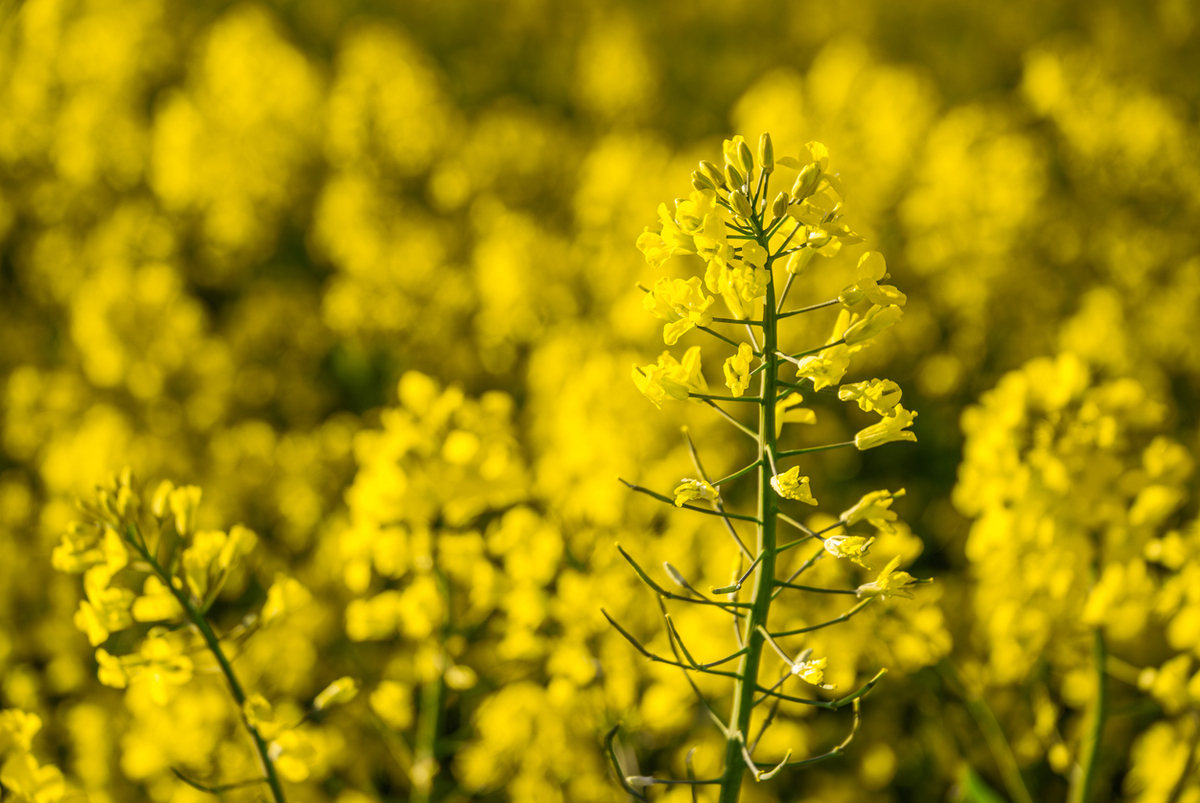A Decade Later, Why Does the Marsh v Baxter Case Still Matter?
| |
In 2010, a legal battle on the coexistence of genetically modified (GM) and non-GM crops redefined the debate on GM crops in Australia. Steve Marsh, an organic farmer from Kojonup, Western Australia, discovered GM canola on the farm of his neighbor, Michael Baxter. This incident led to the loss of Steve Marsh’s organic certification for the majority of his property. As a result, he decided to sue Michael Baxter to seek compensation for the damages he had suffered.
Ten years after the Supreme Court of Western Australia’s 2015 decision, the case remains the country’s only reported decision on the coexistence of GM and non-GM crops. In an article published in Griffith Law Review, the author Michail Ivanov, a PhD candidate from the University of Adelaide, revisits the novel case of Marsh v Baxter and discusses the coexistence of GM and non-GM crops in Australia and the regulations governing them.

Australia’s GM crop regulations are governed by the Gene Technology Act 2000 and overseen by the Office of the Gene Technology Regulator (OGTR). The OGTR ensures that GMOs are managed to protect human health and the environment. As of 2025, five GM crops (e.g., canola, cotton, Indian mustard, safflower, and banana) have been approved for commercial release, but no gene-edited crops are currently grown in the country.
Currently, there is no overarching legal framework for the coexistence of GM and non-GM crops in Australia. Instead, regulation is left to the industry, where standards and codes are applied differently across sectors. “They apply in different ways, so the regulation is a bit of a patchwork quilt,” Ivanov said. While the system is robust, it has been criticized for overlooking the coexistence challenges between GM and non-GM farming, an issue brought to national attention by the Marsh v Baxter case.
In the Marsh v Baxter case, the Supreme Court of Western Australia ruled against Marsh, concluding that Baxter’s planting and harvesting of GM canola were lawful. The Court determined that Marsh’s financial losses resulted from his own contract with the organic certifier rather than Baxter’s actions. On appeal, the majority of judges upheld this decision, while one dissenting judge argued that Baxter’s harvesting method amounted to unreasonable interference.
The case revealed significant legal gaps in addressing GM “contamination” disputes. Even up to this day, Australian farmers face inconsistent guidelines when it comes to crop regulations. “It’s difficult to appropriately regulate coexistence across all of Australian agriculture if there are inconsistencies within specific sectors,” Ivanov said. The country’s fragmented regulations leave farmers uncertain about what qualifies as organic or compliant.
According to Ivanov, Australia needs clearer regulatory intervention to prevent future legal challenges to establish consistent farming standards. Without such measures, non-GM farmers could be placed at a disadvantage, while GM growers may face limitations on how freely they can operate near them. Beyond the legal implications, effective coexistence regulation could also strengthen public confidence in the use of the technology. With the rise of gene-edited crops, Ivanov said that Australia may need to reassess its current approach before similar challenges emerge.
While current research suggests that coexistence is possible, Ivanov noted that the meaning of “coexistence” varies between articles, sectors, and regulations. Consistent policy, not “patchwork” regulations, is essential for the coexistence of crops in Australia to be successful. “As cultivation expands, we must ensure these crops can reasonably coexist with others grown in Australia,” Ivanov said.
For more information, read the article from The University of Adelaide and the study from Griffith Law Review.
| Newer Post | Archive | Older Post |
Science Speaks is ISAAA Inc.'s official blog. Weekly blog articles, authored by ISAAA writers, partners, and invited contributors, aim to help share, disseminate, and promote scientific knowledge and its vital role in achieving global agricultural sustainability and development. Your support to Science Speaks will help us achieve this goal. You can help us by donating as little as $10.

